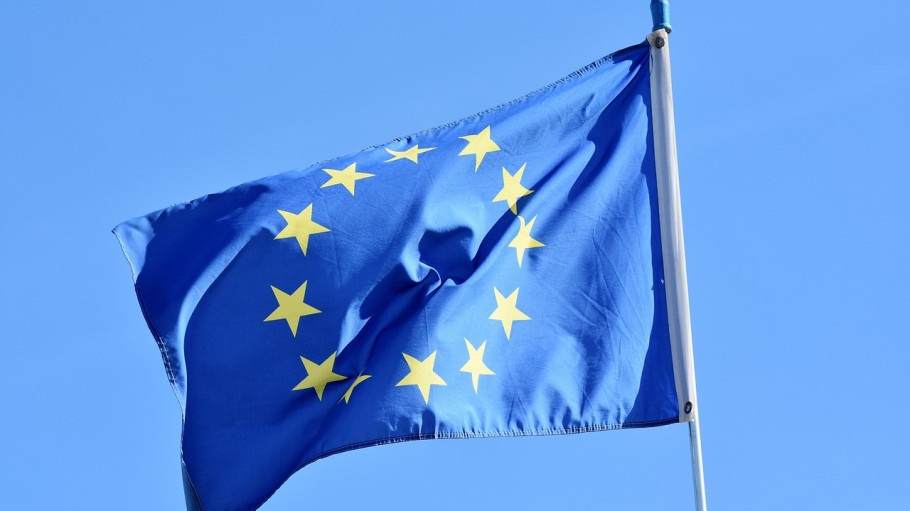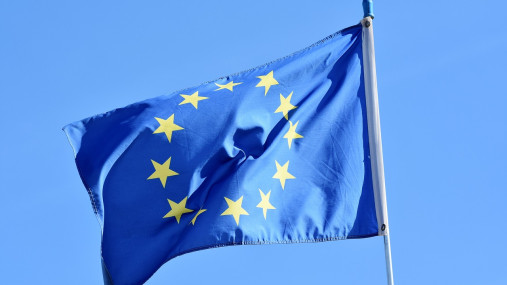
Press releases » EUROFER calls on Commission President von der Leyen to support the European Steel Pact initiative
EUROFER calls on Commission President von der Leyen to support the European Steel Pact initiative
Downloads and links
Recent updates

Brussels, 15 July 2024 – The proposal for a European Pact for Steel, presented by the German delegation to the European People’s Party (EPP), is a timely initiative in view of the start of the new EU legislative period. The European Steel Association strongly backs the creation of an EU high-level group, led by a renowned political personality, to ensure the success of the transition of the EU steel sector with rapid interventions, and urges Commission President Ursula von der Leyen to endorse it.
“The recent call for a European Steel Pact by the German delegation in the EPP Group makes the right analysis and proposes immediate action. We count on Commission President von der Leyen to support this initiative and the proposal to build an action-oriented alliance of the EU institutions and key member states, chaired by an experienced and recognised politician”, said Axel Eggert, Director General of the European Steel Association (EUROFER). “The Clean Transition Dialogue on Steel, initiated by the European Commission in April, was the right start. Now a group at the highest level, including selected MEPs from the major political families, should develop a clear set of measures to be implemented swiftly”, he added.
The position paper, titled Europäischer Stahlpakt (“European Steel Pact”), launched on 10 July 2024 (available here), was initiated by MEP Dennis Radtke (CDU), social policy spokesperson for the EPP Group, and Christian Ehler (CDU), industrial policy spokesperson for the EPP Group.
The European steel industry has consistently advocated for immediate action to address overcapacity and unfair trade practices, ensure access to internationally competitive clean energy as well as to essential raw materials such as scrap, create lead markets for European-made green products, make the Carbon Border Adjustment Mechanism (CBAM) waterproof, and better use funding instruments to support green investments.
“Tackling these issues as a matter of urgency is crucial to keep steel production in Europe and maintain its global leadership in clean technologies. Europe can only be stronger with European steel. We rely on Commission President von der Leyen to take on board the proposal for a European Steel Pact put forward by MEPs Ehler and Radtke, and integrate it into the priorities for the new EU legislative cycle. We stand ready to discuss this initiative with her”, concluded Mr. Eggert.
Contact
Lucia Sali, Spokesperson and Head of Communications, +32 2 738 79 35, (l.sali@eurofer.eu)
About the European Steel Association (EUROFER)
EUROFER AISBL is located in Brussels and was founded in 1976. It represents the entirety of steel production in the European Union. EUROFER members are steel companies and national steel federations throughout the EU. The major steel companies and national steel federation of Turkey, Ukraine and the United Kingdom are associate members.
The European Steel Association is recorded in the EU transparency register: 93038071152-83.
About the European steel industry
The European steel industry is a world leader in innovation and environmental sustainability. It has a turnover of around €191 billion and directly employs around 303,000 highly-skilled people, producing on average 140 million tonnes of steel per year. More than 500 steel production sites across 22 EU Member States provide direct and indirect employment to millions more European citizens. Closely integrated with Europe’s manufacturing and construction industries, steel is the backbone for development, growth and employment in Europe.
Steel is the most versatile industrial material in the world. The thousands of different grades and types of steel developed by the industry make the modern world possible. Steel is 100% recyclable and therefore is a fundamental part of the circular economy. As a basic engineering material, steel is also an essential factor in the development and deployment of innovative, CO2-mitigating technologies, improving resource efficiency and fostering sustainable development in Europe.

Strasbourg, 07 October 2025 – The new trade measure presented today by the European Commission is a long-awaited proposal to forcefully defend the European steel sector, in full respect of WTO rules, from unfair imports flooding the EU market due to massive global overcapacity. The provisions unveiled by the Commission respond to the needs of the sector and represent a real lifeline for EU steelmakers and steelworkers. The European Parliament and the Council should therefore adopt it as a matter of urgency to enable its entry into force at the beginning of 2026, says the European Steel Association (EUROFER).
Brussels, 01/10/2025
With Europe’s steel industry at breaking point, industriAll Europe and the European Steel Association (EUROFER) held an emergency steel social summit to demand urgent action. Ahead of the announced Commission proposal addressing the impact of global steel excess capacity on the EU steel market, due by mid-October, the European social partners are united in calling for robust and effective trade measures. They also insist on fast and urgent implementation of the EU Steel and Metals Action Plan, especially concerning energy prices and demand. Maintaining the level of political ambition as promised in the EU Steel and Metals Action Plan is essential to restore steel’s competitiveness and save its green transition as well as steelworkers’ jobs across Europe.
Brussels, 19 September 2025 – Following today’s meeting between Commissioner for Trade Maroš Šefčovič and a delegation of European steel CEOs on the global steel crisis and the challenges facing the EU steel industry amid massive decarbonisation investments: